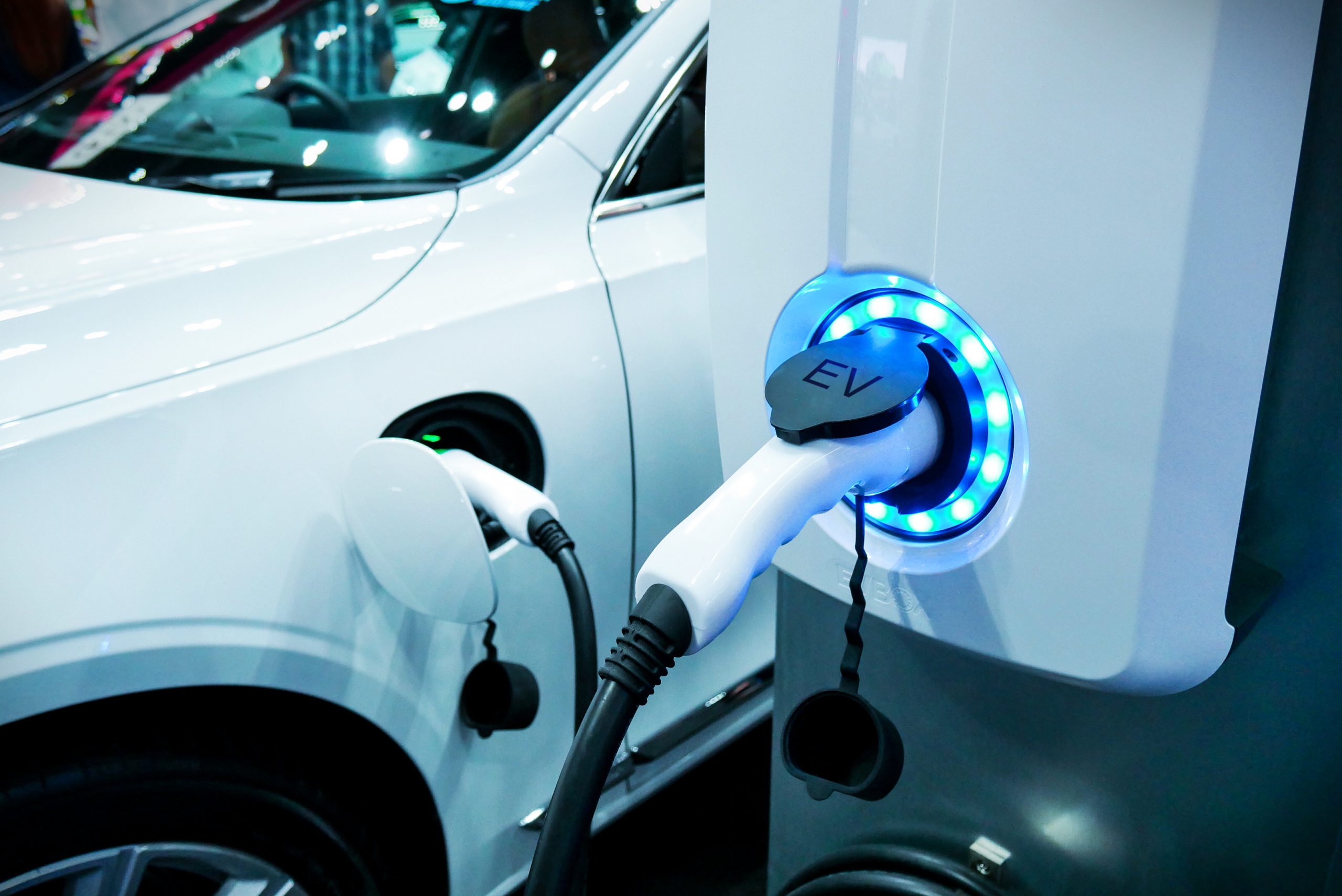Household Bills
Insurance for electric cars ‘fails to keep up’ with essential features

Only a quarter of electric vehicle (EV) car insurance policies provide cover for battery charging points, new research has revealed.
Less than 1% offer a courtesy car if an EV needs repairing or is stolen and just 44% state that cover is provided for charging cables.
However, these are essential items for most EV drivers and would cost a lot to replace.
There are big variations between the 330 comprehensive policies available for electric cars, the data from Defaqto shows.
Despite the EV market growing steadily with over a quarter of a million cars on UK roads, Defaqto is warning drivers to check exactly what is covered in their policy if they have an electric or hybrid vehicle.
Mike Powell, Motor Insurance Expert at Defaqto, said: “There is huge variation in the cover included in EV car insurance and drivers need to really check what they are buying to make sure they have the right cover for their needs.
“The essential areas where there is difference are around the charging cables, charging points, batteries and courtesy car cover. It is worth seeing what the policy covers in relation to these key areas particularly when arranging insurance for an EV.”
Charging cables and points may not be included
There are many components of an electric vehicle which need to be considered when it comes to insurance.
If you have charging cables, for example, to recharge the battery of a plug-in vehicle, these can be expensive to replace if broken, lost or stolen.
Yet less than half of policies state that cables are included. One in 10 provides no cover and 46% do not make it clear whether they will cover cables or not.
For drivers with charging points installed in their homes, just 25% of policies provide cover. It may be the case that the points are covered on a general home insurance policy but this might not be included as standard.
To find out what’s included in a policy, check the small print or contact your insurer.
The warning comes as news this week shows that the cost of using public charging points has risen by 42% since May.